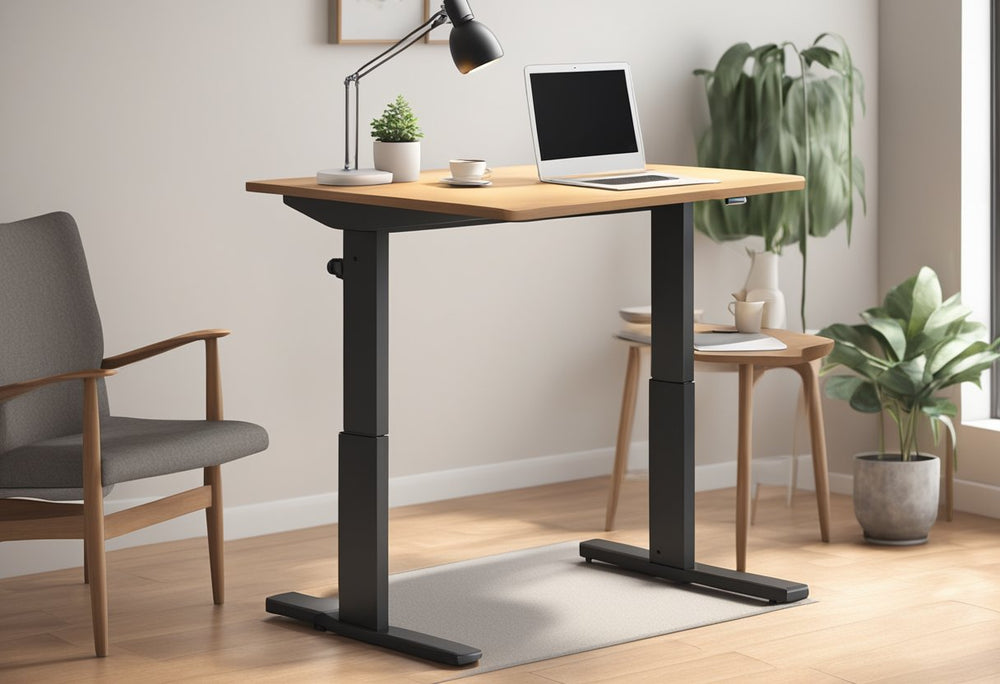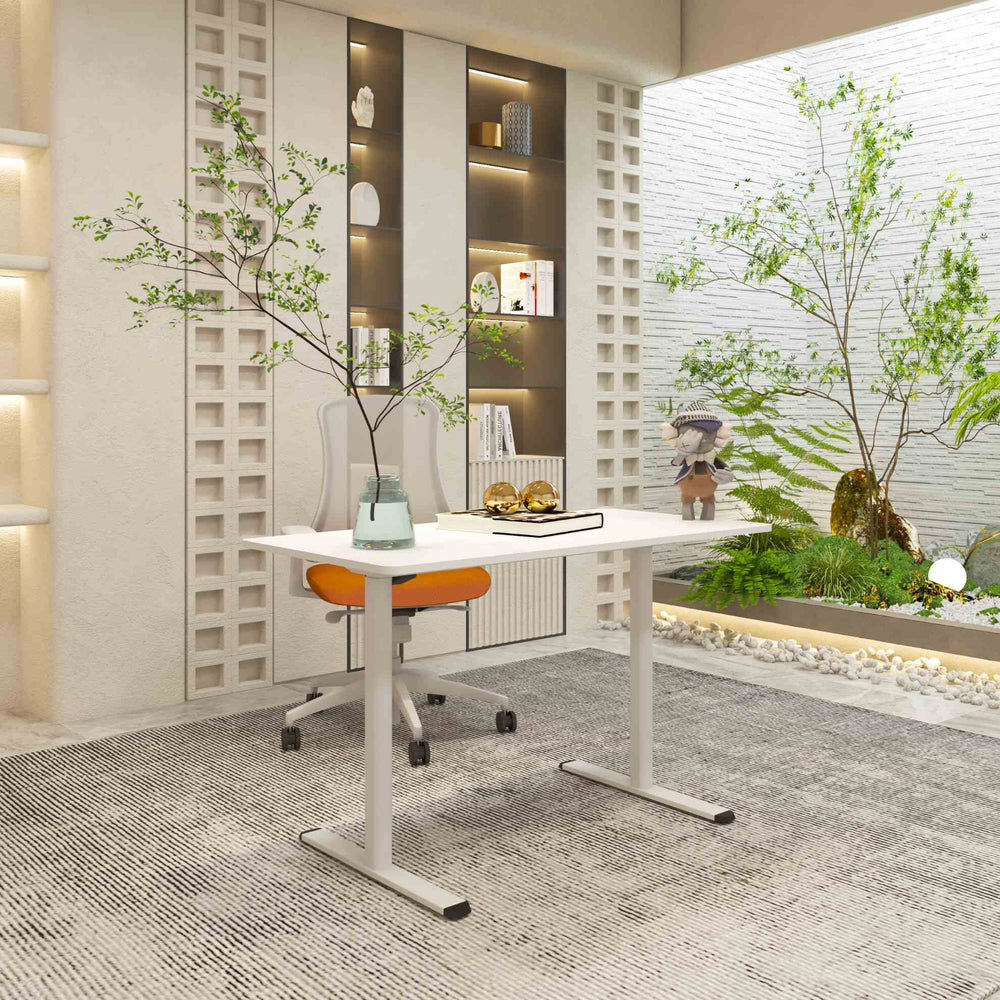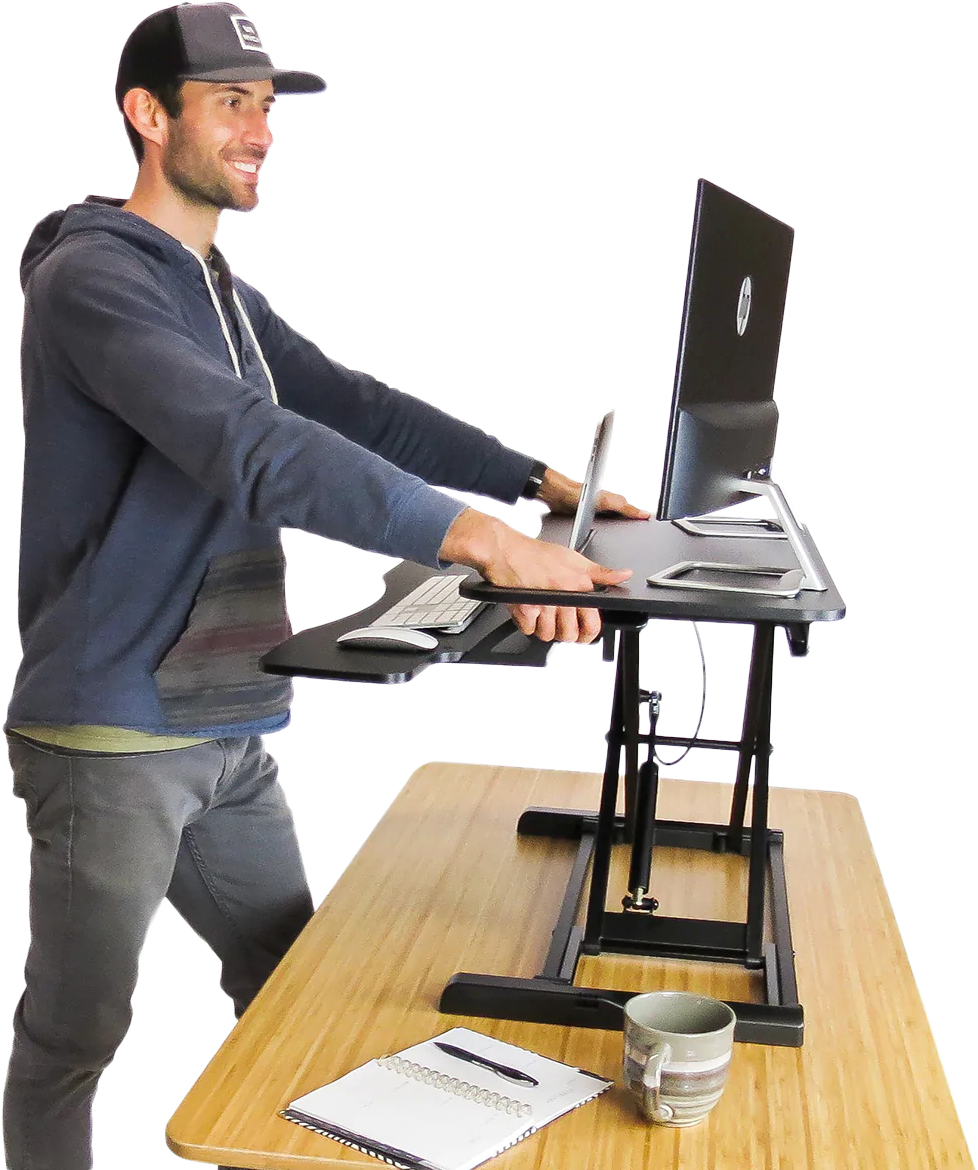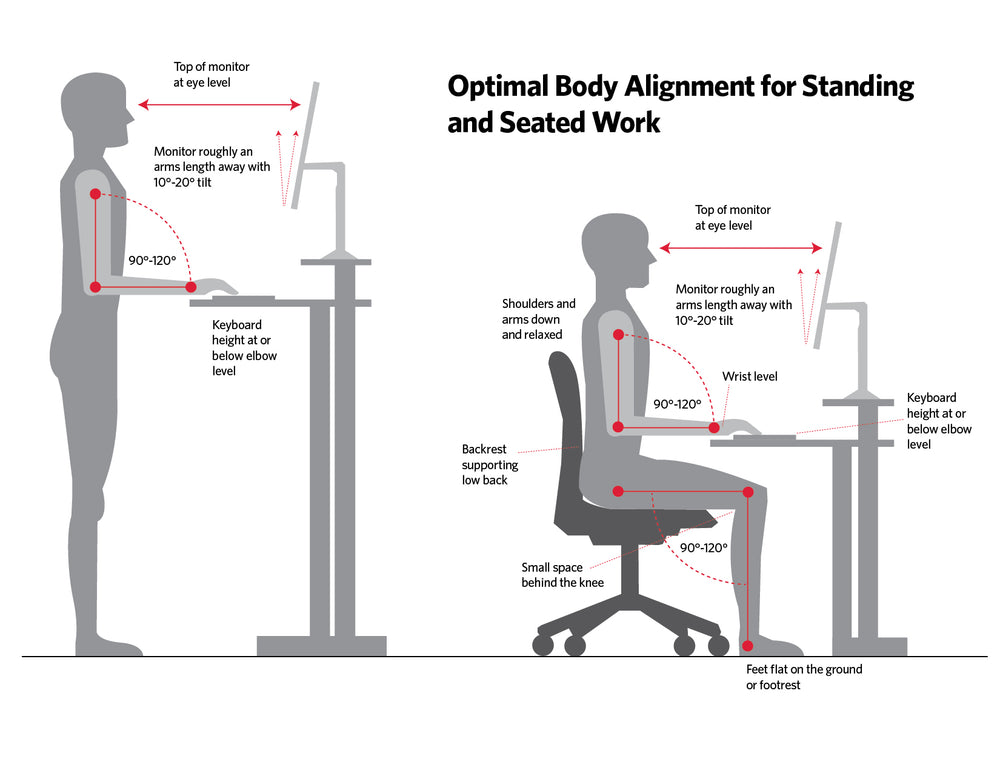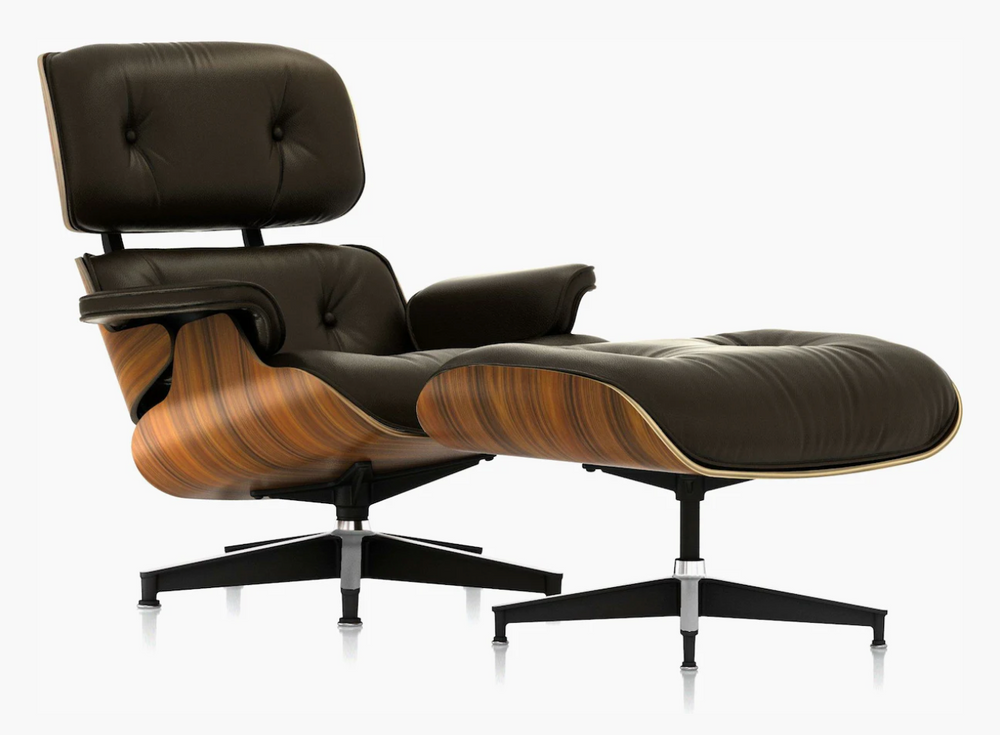Date: July 24, 2022
If you’re someone that works at your desk all day like me, you probably have read the phrase that sitting is the new smoking. But is that really true? Is the remedy to stand more? Are standing desks really good for you?
For starters, let’s compare what our work-life looked like 100 years ago and compare average life span with today. Take a look at the number of farm workers now versus just 100 years ago in the chart below:

Almost 14 million people worked on farms just 100 years ago. Keep in mind that the population of the United States is 3X higher today.
Working on farms requires a lot more movement and manual labor than today's office jobs. But then why did people not live as long if they were moving more during the day?
For starters, science and disease treatments have advanced tremendously over the past 100 years. For example, the polio vaccine wasn't available publicly until 1955, kidney transplants were first performed successfully in 1952, and implantable cardiac pacemakers weren't invented until the 1960's.
All of these healthcare inventions addressed major health problems in society and occurred after the 1st half of the 20th century.
While it is hard to isolate the exact reasons why people didn't live as long back then, it is likely due to a variety of reasons.
We do know for a fact that most people in the workforce were not sitting at desks working on computers because the personal computer (PC) wasn't invented until the 1950's and in 1984 just 8 percent of households had a PC.

Being More Active Means Being Healthier
A study we looked at previously that studied the health of London Transport Authority conductors, whose jobs had them walking the length of the buses all day, found that the conductors’ health was dramatically improved compared to bus drivers who sat at the wheels of their buses all day.
Walking has profound positive effects on our health. In this study, these train conductors were walking a lot. If we think about our origins as a species, we hunted and gathered, walking many miles in search for food and water and a safe place to live.

Obviously we didn’t have the luxury of modern science in those times but in studies of hunter and gatherer groups like the Tiwi in Australia, we find that there is little evidence of heart disease or stroke.
Life span was primarily negatively affected amongst hunter gatherers by childhood mortality, not by walking too much. Dancing or yoi as they call it, is a part of everyday life.
However, there are limitations to how much exercise we should get.
Is Manual Labor Bad for Your Health?
Being active is good and it is very important to incorporate movement into our daily habits, but there are manual labor jobs that are so physically demanding that they may shorten your life.
The reason is likely that these jobs require at least a medium level of intensity over long periods of time each day with little time for recovery. Without the ability to recover properly, the stress on your heart builds up over time.
I'm a big fan of Mark Sisson, who founded Primal Kitchen, which was acquired by Kraft. Mark has written about how the evidence has continued to mount against chronic cardio. At a certain point, you can be too active and cause more harm to your body than if you live a sedentary lifestyle.
There is a link between exercising too much or engaging in too much physical activity and heart problems.
As Mark talks about, excessive aerobic activity can put undue stress on your heart. Endurance athletes, for example, are actually more at risk of atrial fibrillation (AF) than normal people. Meanwhile, moderate exercise seems to result in lower risks of AF.
In this study, it was shown that light to moderate physical activities, particularly leisure-time activity and walking, are associated with significantly lower AF incidence in older adults.
Balance is key. Too much activity is often, well, too much for our bodies to handle. But too little activity is also not good for us as well.
Are Office Jobs Bad for Your Health?
On the other end of the physical activity spectrum are us office warriors. The 9 to 5-ers. Luckily, we don't have to worry about too much manual labor. Instead, it is the opposite.
Office workers need to find ways to add movement to their workday. The challenge is that we often get wrapped up in our work and it becomes a challenge to add movement to our workday.
It often requires being mindful of how we much movement we are getting while working at a desk and movement requires pulling ourselves away from our addition to the internet and technology.

We do know, however, that no activity is not good. There have been plenty of studies done over the past decade that have shown significant links between standing more at work and better health outcomes.
In this study, "Standing-based office work shows encouraging signs of attenuating post-prandial glycaemic excursion", it was shown that using a standing desk for 3 hours per day can burn as much as 174 more calories than sitting down.
We have looked previously at other studies showing a direct link between standing and the following health benefits:
- A lower risk of heart disease
- A reduced risk of cancer
- Reduced back pain
- Increased energy levels
- Weight Loss
- Lower blood sugar levels
- Higher productivity
We need to find balance between too little activity and too much activity.
Make it Easy to Move More
With the work from home movement that kicked into high gear starting in 2020, we've become accustomed to never having to get out of our pajamas. And with the ease of online shopping, we don't even have to go to stores anymore.
We have gotten incredibly lazy since the work from home craze started in 2020 and so the challenge becomes incorporating movement into our day and getting out of our lazy habits.
Changing habits is no small feat, though. The best way to change bad habits is, as Mark Sisson puts it, by hitting yourself over the head with cues to get it done:
The beauty of standing desks and balance boards is they automatically incorporate movement into your day without forcing you to drastically change your habits and without distracting you from your work. Just the act of lifting and lowering your desk gets you out of your state of vegetation.
Are Standing Desks Healthy: Conclusion
While we would never make an assumption without doing the proper research, it's easy to draw your own conclusions.
Armed with plenty of studies showing the link between movement and better health outcomes, it's probably safe to make the conclusion that standing desks are healthy.
Standing desks promote movement. Movement has been shown to result in better heart health, lower risk of diabetes, lower risk of cancer, and less back and neck pain.
What Desk Riser is Right for Me?
If you feel comfortable that a standing desk is healthy for you and you're ready to switch to a standing desk, we developed a great new tool that helps you find the best desk riser for your body type and room setup.
The tool we built is called Desk Finder and it can help you find the perfect standing desk based on your health, the number of monitors you're using, and the size of the space you have. Bookmark it and check it out when you are ready to buy.




